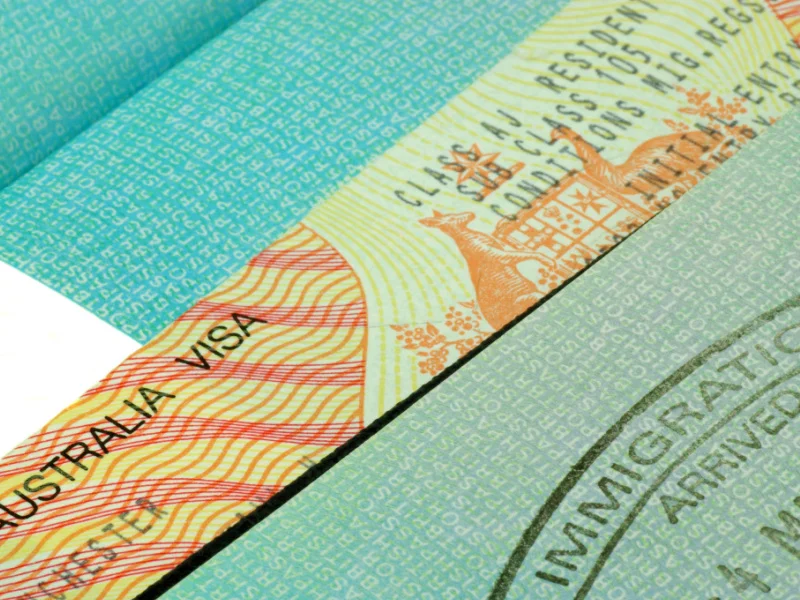A visa platform was quietly built in-house at the Department of Home Affairs last year after a series of costly outsourcing projects fell over. The new platform, built at a fraction of the cost of the failed upgrades, is raising questions about why the work isn’t being done “in-house from the get-go”.
The platform – currently used for certain pre-visa ballots – has the potential to scale across other processes and even across government, fulfilling what consultants had repeatedly promised but failed to deliver, according to the public service union.
But the department sees the new platform as a much more discrete capability and has no intention of using it as a replacement of current visa processing systems.

The Registration Gateway was switched on last year to handle pre-application ballots for a new visa that brings Pacific workers to Australia. It cost $4.1 million to develop and can be tailored to different cohorts.
“It is not intended to be a replacement of current visa processing systems,” a Home Affairs spokesperson told InnovationAus.com.
The Community and Public Sector Union (CPSU) thinks it could be, and at the very least is evidence of in-house capability that is being overlooked or untapped.
“The vast majority of applications for visas and citizenship are lodged via a platform built by public servants in-house,” a CPSU submission to the parliamentary technology outsourcing inquiry said.
“Since 2011, various sections have expertly upscaled and enhanced these client-facing systems to meet the needs of clients and internal decision makers quickly and adeptly. These same sections have built a new platform in 2023. The platform is scalable and has potential for reuse for other services offered by Home Affairs or the APS.”
The union has been a fierce critic of a series of failed attempts to outsource visa processing technology and functions.
A 2006 IBM project called the Generic Visa Platform cost $450 million and was scrapped after operating for less than 12, according to the CPSU.
A decade later, the Coalition government tried to develop a Global Digital Platform. Critics, including a Labor-led Senate inquiry, opposed the move and questioned a tender process that include bidders with political connections to the then government.
The Global Digital Platform tender was scrapped in 2020, but not before almost $90 million had been spent. Almost immediately, the then government announced a pivot to a ‘permissions capability’ platform that would process visa but could also scale to many more government processes.
Concerned about a third failure in a row, the CPSU made a bid to build the permissions capability in house, warning that departmental staff were the only people with the background and expertise to do it.
But the government opted for Accenture. Its platform failed at its first deployment, a digital passenger declaration (DPD) that was panned by users as Australia’s borders began reopening after the COVID-19 pandemic.
Home Affairs tore up around $60 million in Accenture contracts in 2022 but had sunk at least two years and $16.5 million into the project.
The projects have failed as capability within the public service was being chopped away by successive conservative governments.
Some public servants saw it as a deliberate tactic to strengthen the case for outsourcing and eventually privatising Australia’s visa system, which generates billions in government revenue every year.
The underlying technology has also been under strain, with some core systems supporting visa processing now several decades old, according to insiders.
“There is a clear need for the government to invest in an upgraded or a new publicly owned visa IT platform, but the continued attempts to outsource this work ignore the skills, talents, and career development of Home Affairs’ own ICT staff,” the CPSU said.
“CPSU members say the agency has an ‘outsource first’ mentality, and this results in Home Affairs’ highly skilled staff not being given opportunities to develop new systems and products in house.
Parliament’s audit committee launched a probe into visa technology outsourcing late last year, but have since widened its scope to include other trouble-plagued IT projects.
Committee chair Julian Hill on Thursday said the inquiry will still get to the bottom of failed visa technology projects.
“There are broader lessons to be drawn however into appropriate practices for new IT projects and expenditure in the public sector, including capability-building, advice to government, probity and ethics, and value for money for the Commonwealth,” he said.







